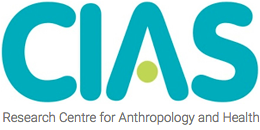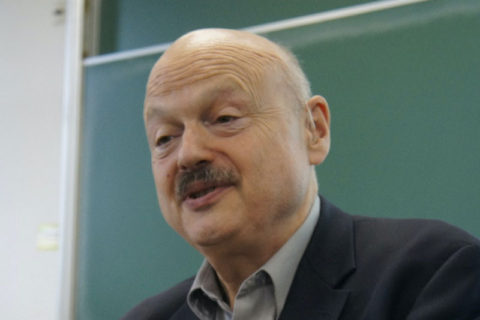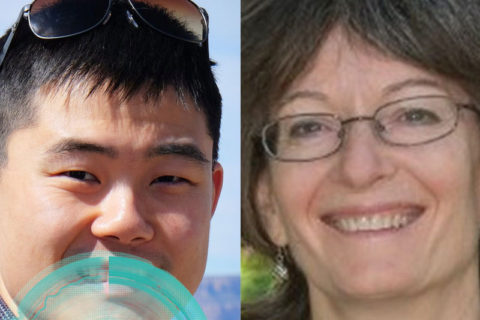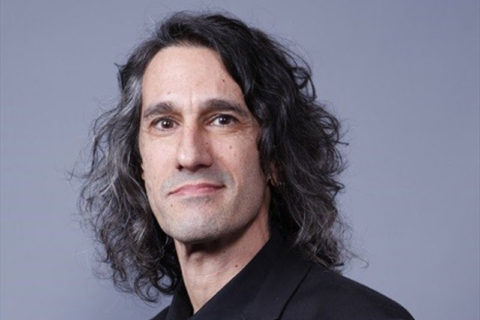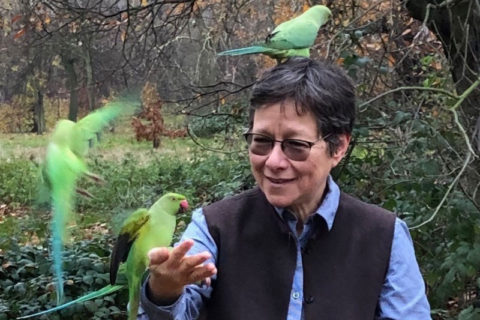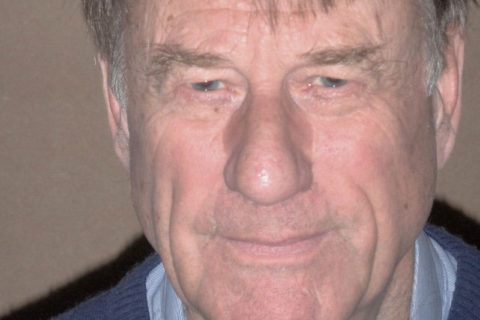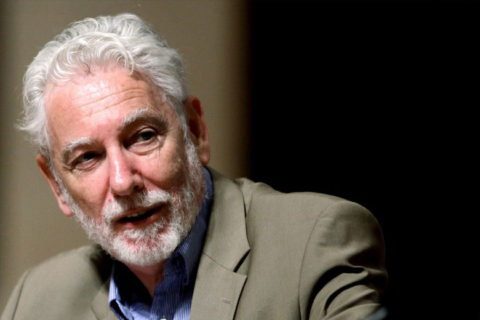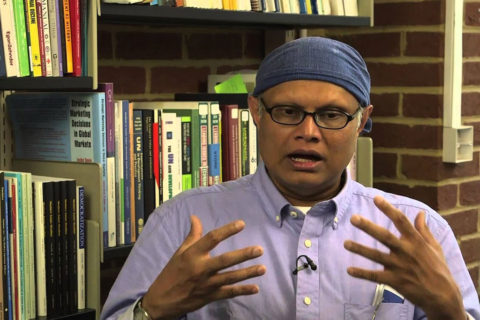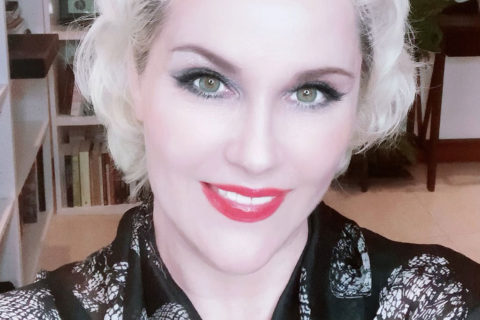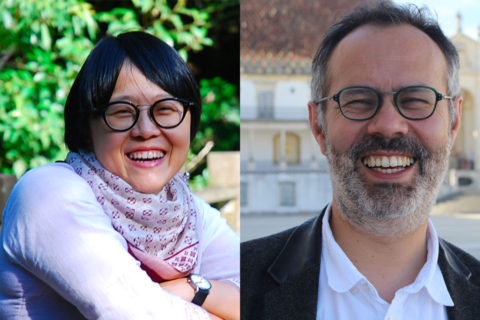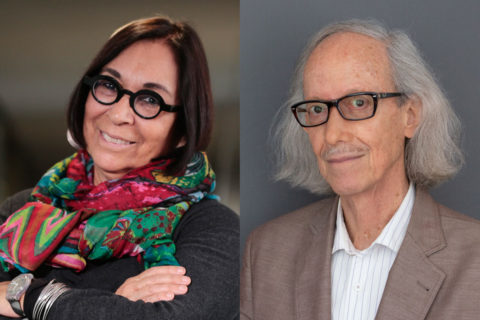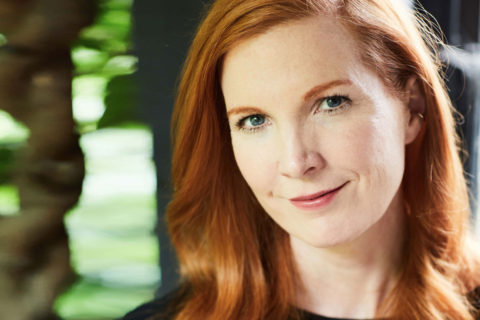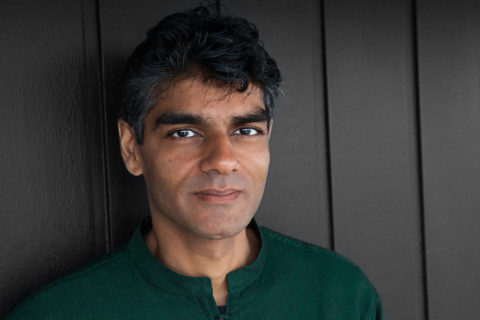The notion of the Anthropocene spilled out from the geophysical sciences into the humanities, social sciences, the arts, and the media, triggering a vast global debate on the future of human life on the planet. In “the age of humans”, humans have become one of the most potent geophysical forces in the planet and their activities are leading to increasing environmental uncertainties. If the world once had the illusion of stability, it is now facing the prospect of trouble without end. But the Anthropocene is not just about a runaway world of environmental doom; it is also about overcoming disaster and catastrophe and creating new visions of hope and justice. The realities of anthropogenic climate change, species extinction, and sea level rise compel a reimagining of humanity’s place in the world, and an urgent rethinking of the dominant forces threatening the ecological balance of the planet. Using the term Anthropocene to refer to this new age of anthropogenic uncertainties has opened up a whole new field of multidisciplinary and interdisciplinary conversations about human-environment relations in the 21st century, but it has also generated a monolithic understanding of the Anthropocene as a unified human experience. This framing of the Anthropocene around a universalizing species paradigm has a homogenizing effect. And yet, not all humans are equally implicated in the forces driving contemporary human environmental crises, and not all humans are equally invited into the conceptual spaces where these disasters are theorized or responses to disaster formulated. Pluralizing the Anthropocene will feature anthropological reflections from major figures in the humanities and the sciences committed to opening up the plural possibilities of on-going Anthropocene debates of resilience, adaptation, and the struggle for environmental justice.
ORGANIZATION

